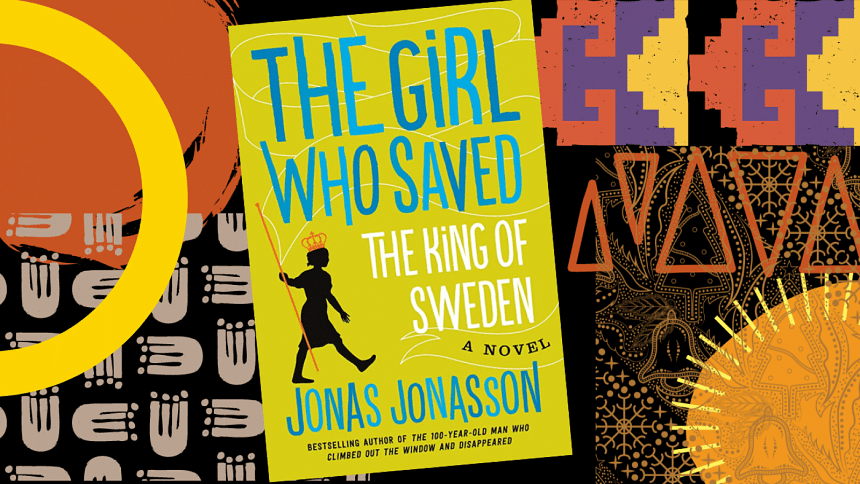Racism and geopolitics in South Africa

Swedish journalist and writer Jonas Jonasson, known for his comical approach to history, demonstrates his ability to entertain and educate in his book, The Girl Who Saved the King of Sweden. While his previous work, The Hundred-Year-Old Man Who Climbed Out the Window and Disappeared (2009), revolved around the whimsical adventures of a centenarian, this book delves into the life of a young South African protagonist from Soweto, shedding light on the injustices of apartheid and the shadowy world of global power dynamics.
The story takes us across two continents, introducing us to Nombeko, a young girl born in a South African slum. Despite facing challenges such as fending off rapists and coping with an alcoholic mother seeking solace in unrefined spirits, Nombeko manages to overcome her circumstances. She even becomes involved in South Africa's nuclear weapons programme, driven by her unwavering determination to change her fate. Surprisingly, her journey culminates in saving the King of Sweden from her deranged Republican brother-in-law.
The characters in the novel are far from ordinary; they exist on the fringes of society. Themes such as institutional racism in colonies, migration, flawed anti-monarchy sentiments stemming from personal vendettas, and the need for rebellion permeate the lives of these characters. They grapple with their lack of control over their situations. Nonetheless, the extraordinary events they experience captivate readers, offering a fascinating exploration of apartheid South Africa's nuclear programme, Israel's involvement, the assassination of the King of Sweden, the US labelling Nelson Mandela as a terrorist, and even the mention of Chinese Han dynasty ducks.
The novel's message is clear: never give up. However, inquisitive readers will also recognize the geopolitical undertones within its pages. Nombeko's first-hand encounter with violent apartheid, backed by nuclear deterrence, draws parallels with Israel's own system of systematic apartheid and presumed nuclear deterrence. For those seeking a combination of historical insight and a light-hearted, absurd narrative, The Girl Who Saved the King of Sweden proves to be time well spent.
Although the book maintains an effortless fluidity of language, the pacing could have been improved. The build-up to the climactic moments feels lengthy, but it serves as an ideal book to enjoy for a peaceful night's sleep before diving into another weekday.
Jonasson, as a writer, embodies cosmopolitanism. His stories, including the two I have read so far, take readers on immersive journeys through humanity's triumphs and missteps. The Girl Who Saved the King of Sweden is a book you'll happily recommend to friends who appreciate absurd comedy.
Kazi Mahdi Amin is a development worker interested in geopolitics and social injustices. He can be reached at [email protected].

 For all latest news, follow The Daily Star's Google News channel.
For all latest news, follow The Daily Star's Google News channel. 








Comments